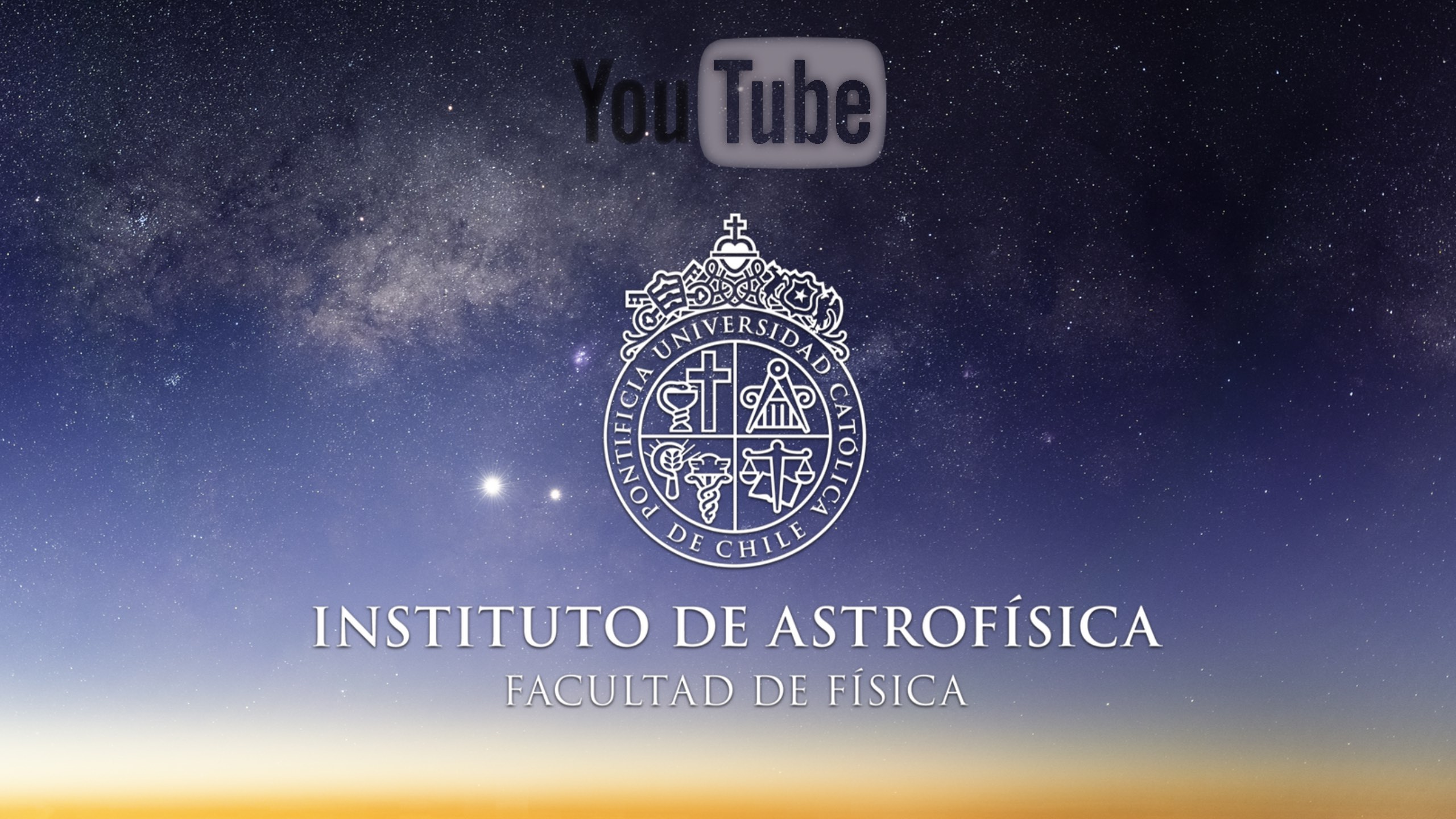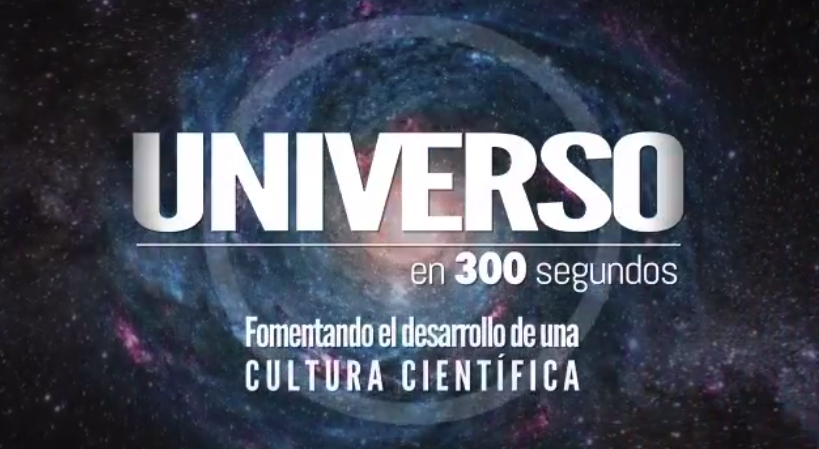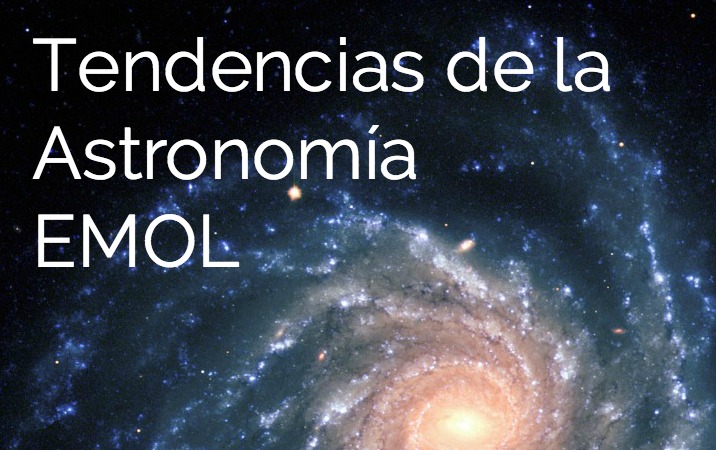Bachelor in Astronomy
About the degree

The Licenciate degree in Astronomy at the Universidad Católica de Chile began in 1998, motivated by the great potential development of this science in Chile, coupled with the shortage of astronomers who can join in this development.
It is currently the only degree program in Astronomy with direct once finished the secondary education (taking the University Selection Test, PSU). Since its inception, the program is attracting some of the best students in the scientific area of the country.
Academic degree
Academic degree of Bachelor.
Academic degree in Astronomy.
Career Objectives
The objective of the Bachelor in Astronomy is to provide a solid and deep foundation in mathematics, physics and astronomy, allowing its graduates successfully pursue graduate studies in astrophysics, physics or related areas, or serve in areas of advanced technology that benefit from an important scientific training, for example in international observatories.
Study plan
The curriculum of the Bachelor in Astronomy includes courses in astronomy, physics, mathematics and computing, which give students a solid scientific training that can be used in many different contexts. The similarity of the curriculum (particularly the first two years) with other programs offered by the university, such as Bachelor of Engineering and Physics, facilitates change between these careers to students who do not have their well-defined vocation when they apply and even allows students with exceptional performance to take the degree in Astronomy in parallel with another degree.
For students whose primary interest is the engineering career or some other physical-mathematical basis, but wish to supplement with a base in astronomy, is the possibility to follow the Academic Certificate in Astronomy, a sequence of four courses extracted of the degree program .
UC astronomer profile
The graduate of the Bachelor in Astronomy at the Universidad Católica acquired a range of skills as a result of their training, which are listed and described below:
- Know and understand the core subjects of physics and astronomy, enabling you to apply them to solving problems, which uses physical tools, mathematical and computational methods.
- He knows that a theory must be verified experimentally, therefore knows and understands the experimental and observational techniques, being thus able to perform experiments and analyze observations aimed at this goal. It is also able to learn the operation of new instruments and new technologies.
- It has strong values expressed in his act with responsibility and professional ethics. It is also respectful of people and has a vocation of service. It has the ability to work together to achieve a goal and self-learning if needed. It is persistent, rigorous and able to work under pressure.
- The acquired knowledge allows him to join graduate programs in both astrophysics, as in physics, engineering, mathematics, chemistry, biophysics, earth sciences and other related areas. You can also complete studies of pedagogy.
Work field
Astronomy is a truly international career, allowing its practitioners to work anywhere in the world and maintain contacts with scientists from many other places. In Chile, the strong development of the observatories is creating excellent opportunities, which require to be taken advantage of multiplying by 10 the current number of astronomers. New astronomers can work in:
- Apply for a graduate in Astronomy / Astrophysics at some of Chilean universities that offer Master's or PhD in Astronomy / Astrophysics, or in a foreign university. Students graduate with a degree in Astrophysics and good performance have a high probability of being accepted into a graduate program abroad and in Chile.
- Astronomical observatories, which require high-level specialized to operate, maintain and improve the increasingly complex operating systems of telescopes and instruments attached to them staff. National and international institutions specialized in research, as the Gemini project, NASA, specialized government agencies and others.
- High-tech industries.
In each of these possibilities, there are positions that require varying levels of experience and postgraduate training.
Admission
Applicants:
- Interest and curiosity about the cosmos phenomena.
- Strong motivation for science subjects.
- Capacity of criticism and interpretation of natural phenomena observation.
- Developed mathematical aptitude.
- Ability to perform abstract studies.
- Willingness for individual and team work.
Admission (Key number 1232):
You can enter this degree by regular admission (any student who has completed his secondary education in Chile), taking the University Selection Test (PSU).
For more details about the admission process click here.
For details about the fees and scholarships click here.










